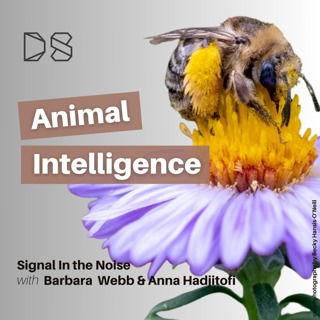
Signal in the Noise
In this episode, we are joined by Barbara Webb and Anna Hadjitofi. Barbara runs the Insect Robotics lab at the University of Edinburgh, and Anna is a PhD student at the School of Informatics at the university. She is interested in studying and understanding the neural mechanism of the honeybee waggle dance. They join us to discuss the paper: Dynamic antennal positioning allows honeybee followers to decode the dance.
25 Apr 202441min
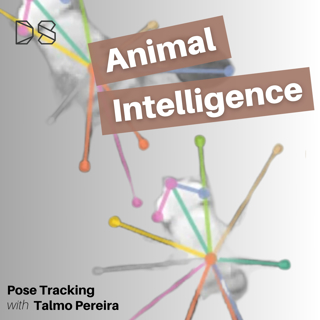
Pose Tracking
Many researchers and students have painstakingly labeled precise details about the body positions of the creatures they study. Can AI be used for this labeling? Of course it can! Today's episode discusses Social LEAP Estimates Animal Poses (SLEAP), a software solution to train AI to perform this tedious but important labeling work.
16 Apr 202450min
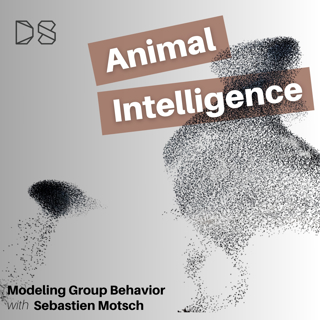
Modeling Group Behavior
Our guest in this episode is Sebastien Motsch, an assistant professor at Arizona State University, working in the School of Mathematical and Statistical Science. He works on modeling self-organized biological systems to understand how complex patterns emerge.
8 Apr 202440min
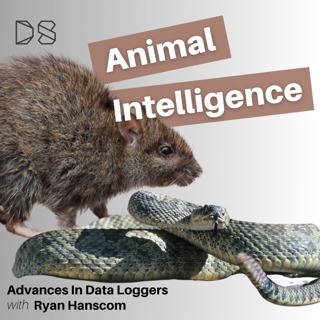
Advances in Data Loggers
Our guest in this episode is Ryan Hanscom. Ryan is a Ph.D. candidate in a joint doctoral evolution program at San Diego State University and the University of California, Riverside. He is a terrestrial ecologist with a focus on herpetology and mammalogy. Ryan discussed how the behavior of rattlesnakes is studied in the natural world, particularly with an increase in temperature.
25 Mar 202435min
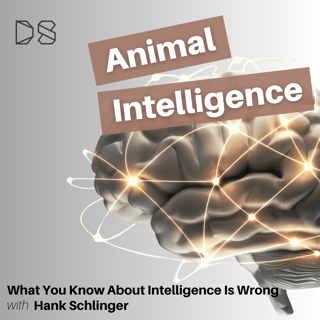
What You Know About Intelligence is Wrong (fixed)
We are joined by Hank Schlinger, a professor of psychology at California State University, Los Angeles. His research revolves around theoretical issues in psychology and behavioral analysis. Hank establishes that words have references and questions the reference for intelligence. He discussed how intelligence can be observed in animals. He also discussed how intelligence is measured in a given context.
20 Mar 202441min
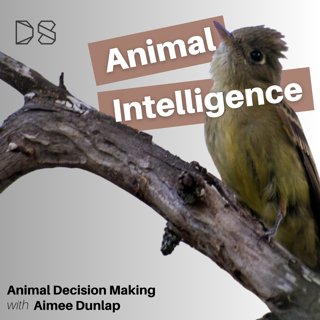
Animal Decision Making
On today's episode, we are joined by Aimee Dunlap. Aimee is an assistant professor at the University of Missouri–St. Louis and the interim director at the Whitney R. Harris World Ecology Center. Aimee discussed how animals perceive information and what they use it for. She discussed the connection between their environment and learning for decision-making. She also discussed the costs required for learning and factors that affect animal learning.
12 Mar 202437min
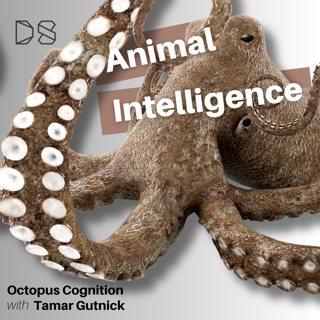
Octopus Cognition
We are joined by Tamar Gutnick, a visiting professor at the University of Naples Federico II, Napoli, Italy. She studies the octopus nervous system and their behavior, focusing on cognition and learning behaviors. Tamar gave a background to the kind of research she does — lab research. She discussed some challenges with observing octopuses in the lab. She discussed some patterns observed by the octopus lifestyle in a controlled setting. Tamar discussed what they know about octopus intelligence. She discussed the octopus nervous system and why they are unique compared to other animals. She discussed how they measure the behavior of octopuses using a video recording and a logger to track brain activity.
8 Mar 202438min
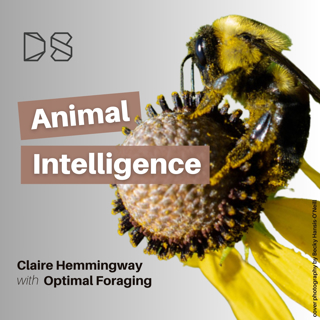
Optimal Foraging
Claire Hemmingway, an assistant professor in the Department of Psychology and Ecology and Evolutionary Biology at the University of Tennessee in Knoxville, is our guest today. Her research is on decision-making in animal cognition, focusing on neotropical bats and bumblebees. Claire discussed how bumblebees make foraging decisions and how they communicate when foraging. She discussed how they set up experiments in the lab to address questions about bumblebees foraging. She also discussed some nuances between bees in the lab and those in the wild. Claire discussed factors that drive an animal's foraging decisions. She explained the foraging theory and how a colony works together to optimize its foraging. She also touched on some irrational foraging behaviors she observed in her study. Claire discussed some techniques bees use to learn from past behaviors. She discussed the effect of climate change on foraging bees' learning behavior. Claire discussed how bats respond to calling frogs when foraging. She also spoke about choice overload in that they make detrimental decisions when loaded with too many options.
28 Feb 202438min





















